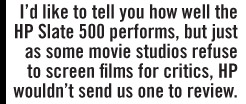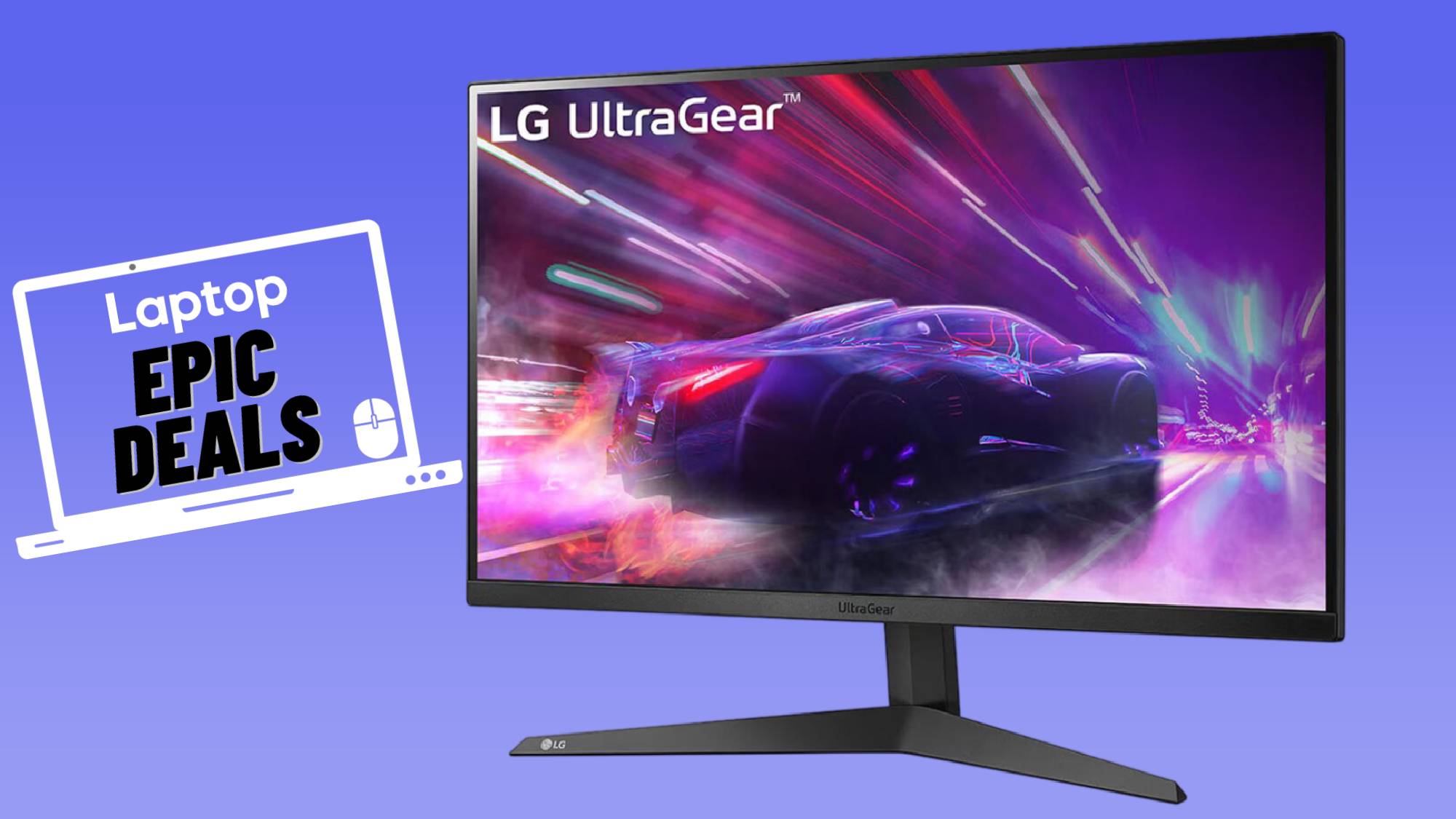Business Tablet Boom Could Spell Doom for Windows

Tech analysts call devices like the iPad media tablets, because they were primarily designed for consuming content. But that’s not all they can do. Mobile professionals can edit Office documents on the go; insurance adjusters can use tablets to capture information in the field and send it back to the main office; and health care workers can access patient data while making their rounds. All of the above should scare the hell out of Microsoft, because “media tablets” are on the verge of exploding in the business market.
Last month, Apple said more than 65 percent of the Fortune 100 companies are deploying or piloting the iPad. These include such heavy hitters as Hyatt Hotels, Lowe’s, and Procter & Gamble Co. It gets worse. Yesterday, Bloomberg reported that RIM is winning over potential customers for its PlayBook tablet well ahead of its release. For example, insurer Sun Life Financial has agreed to buy up to 1,000 PlayBooks. Interested partners cite RIM’s strong security and the fact that the product integrates with BlackBerry Enterprise Servers as reasons to deploy its slate.

What about Android’s business potential? It’s huge, too. Lenovo, known for its ThinkPad business notebooks, plans to bring an Android-based tablet to market by the middle of 2011 (whenever Android 3.0 or Honeycomb is ready). When asked about Windows 7, director of new technology Howard Locker told reporters that Microsoft’s OS is “based on the same paradigm as 1985—it’s really an interface that’s optimized for mouse and keyboard” and criticized its poor battery life. That widely held perception belief is a major, major blow to Microsoft, which gave birth to the Tablet PC nearly a decade ago only to watch Apple re-invent the category. Lower-power processors, instant-on mobile operating systems, and intuitive touch interfaces now rule.
At the moment the most high-profile Windows 7 business tablet is the HP Slate 500. The pricey $800 device provides pen and touch input (which has plenty of benefits), features two cameras, and comes with both a carrying case and a dock for connecting an external monitor and other peripherals. Then again, this device features a stock version of Windows 7 and a netbook-grade Atom processor, which means an experience that’s not optimized for touch or all-day battery life.
I’d like to tell you how well the Slate 500 performs, but just as some movie studios refuse to screen films for critics, HP wouldn’t send us—or anyone else—one to review. The official reason: “It was designed for enterprise customers running custom applications.” So why is the tablet listed under Small & Medium Business products on HP’s site? If I had to guess, this might be a case of a company trying to avoid further ridicule of a product Steve Ballmer hailed as the next big thing for consumers at CES back in January. Sales supposedly are decent so far, with reports of higher-than-expected orders. Just don’t be surprised to see HP embrace its newly acquired webOS for both consumers and business users next year.
While it’s designed for consumers, Dell’s new Inspiron Duo sports a design that could win over mobile professionals. The flip-hinge design lets you convert from tablet to netbook mode quickly. It’s a clever form factor, but it remains to be seen whether Dell’s interface overlay for Windows 7 can compensate for its weaknesses.
The bottom line is that businesses are very excited about slates. That puts Microsoft in the unenviable and dangerous position of playing catch-up. Again. The late-to-the-party Windows Phone 7 has potential for the tablet space, but Microsoft is understandably busy right now getting consumers interested in buying handsets. And although Windows 8 is rumored to be built from the ground up for touch, it likely won’t arrive until 2012. Then there’s Windows 7 Compact Embedded, a dressed up variant of Windows CE that looks touch friendly but doesn’t run full desktop apps.
Stay in the know with Laptop Mag
Get our in-depth reviews, helpful tips, great deals, and the biggest news stories delivered to your inbox.
Add it all up and 2011 could be a very scary year for Microsoft. Tablets are becoming big business, not only for consumers but for businesses large and small. Unless Steve Ballmer & Co. can reveal a slate (or many) soon that can truly compete with the iPad, PlayBook, and Android army when it comes to both entertainment and productivity, thousands of big-spending customers may eventually leave Windows behind for good.
Editor-in-chief Mark Spoonauer directs LAPTOP's online and print editorial content and has been covering mobile and wireless technology for over a decade. Each week Mark's SpoonFed column provides his insights and analysis of the biggest mobile trends and news. You can also follow him on Twitter.

